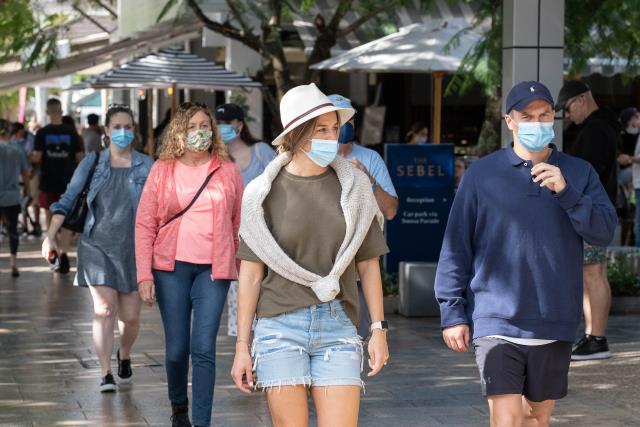Sunshine Coast Hospital and Health Service Public Health Unit issued a Public Health Alert on 18 May regarding a confirmed case of Hepatitis A in a person residing at Noosa Heads.
The case recently returned from overseas travel in April 2023.
Raw + Rice Noosa Heads has been identified as a venue of concern.
The SCHHS Public Health Unit is encouraging staff and patrons who visited the venue between 22 April 2023 and 18 May 2023 to monitor their own and their family’s health, and present to their GP for testing and to discuss treatment where required.
Hepatitis A is an acute viral infection, which can be spread from person to person by the faecal oral route (the faeces of an infectious person has contaminated something that is put into someone else’s mouth).
The symptoms of Hepatitis A are fever, generalised aches and pains, nausea, lack of appetite, and abdominal discomfort. Dark urine is usually the first specific sign of acute hepatitis A, followed a day or two later by jaundice (yellow skin and eyes) and pale coloured bowel motions.
The severity and duration of illness varies however most people feel better by the third week.
The disease is usually more serious in adults than children. In adults, Hepatitis A occasionally presents as a serious, disabling disease lasting several months. Most young children with hepatitis A have few, if any, symptoms so the infection can go unrecognised.
They can, however, easily infect other children and adults.
The time between when a person is exposed to the virus to when they may develop symptoms averages 4 weeks, with a range of 2 – 7 weeks.
For further information, please go to Queensland Health website Hepatitis A (health.qld.gov.au)








